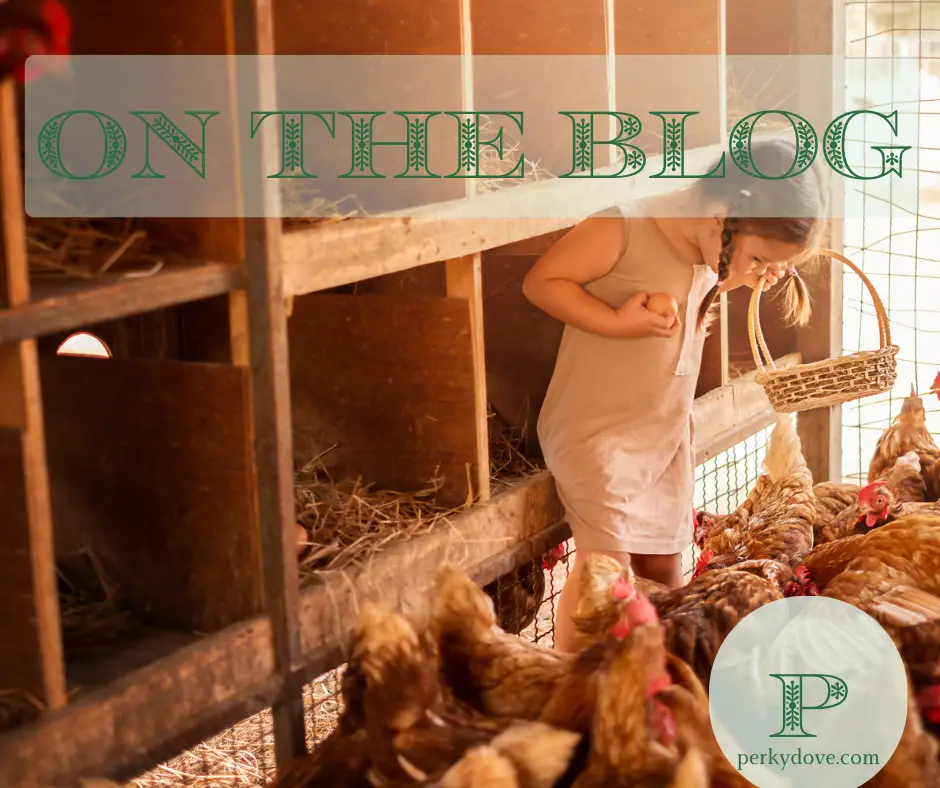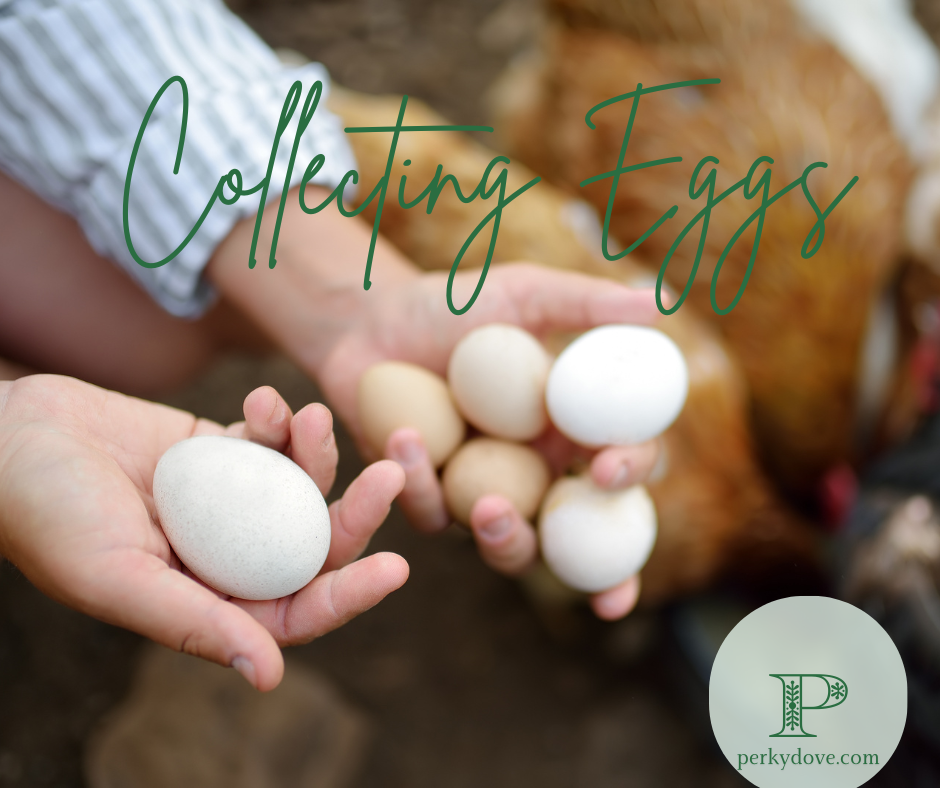
Introduction
Homesteading is a rewarding journey that brings us closer to our food sources, and egg production is a key component of many homesteads. Proper handling of chicken eggs from the moment they’re laid until they’re ready for use is crucial for ensuring their safety and freshness. In this post, we’ll dive into the best practices for collecting, cleaning, and storing chicken eggs, so you can enjoy the full benefits of your flock’s hard work.
4th Edition: Breed Selection, Facilities, Feeding, Health Care, Managing Layers & Meat Birds
Importance of Proper Egg Handling in Homesteading
Eggs are one of the most nutritious and versatile foods available, but their quality can be easily compromised if not handled properly. Proper egg handling not only ensures that your eggs remain fresh and safe to eat but also maximizes their shelf life. For homesteaders, this is especially important as it reduces waste and makes the most out of your resources. Understanding the entire process—from collection to storage—helps maintain the integrity of your eggs and keeps your homestead running efficiently.
Collecting Eggs
Best Practices for Collecting Eggs Regularly
To keep your eggs in the best condition, it’s important to collect them regularly. Ideally, eggs should be collected at least once a day, and more frequently during extreme weather conditions. Regular collection reduces the risk of eggs being broken or soiled, which can lead to bacterial contamination.

Ideal Times for Collection
The best time to collect eggs is in the morning. Chickens typically lay their eggs early in the day, and by collecting them in the morning, you minimize the chances of eggs being exposed to the elements or being accidentally damaged by the hens. If you have a larger flock, you might consider a second collection in the early afternoon to ensure all eggs are gathered.
Rural365 Chicken Egg Basket in Blue and Green Design Ceramic Chicken Shaped Lid with Round Wire Basket Base and Handles
Tips for Reducing the Risk of Broken or Dirty Eggs
To reduce the risk of broken or dirty eggs, ensure that nesting boxes are well-maintained. Provide clean, dry bedding in the nesting boxes and remove any soiled material regularly. Encourage hens to lay in the nesting boxes by making them the most appealing option—keeping them in a quiet, dark area of the coop. Collect eggs gently, using a basket or container lined with soft material to prevent cracking.
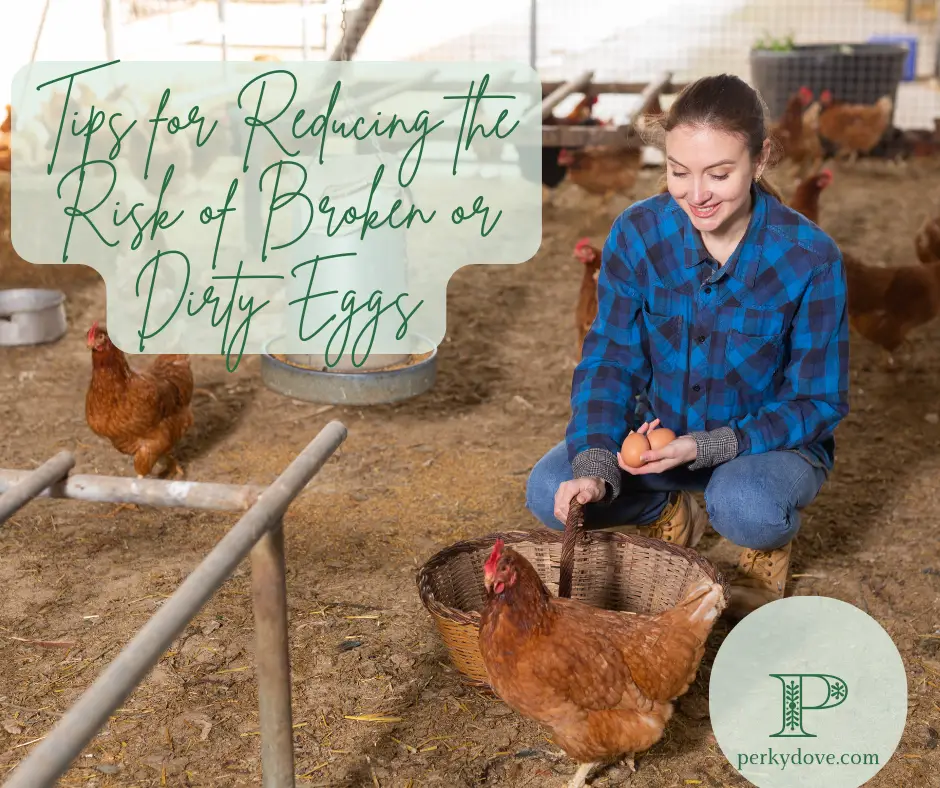
Cleaning Eggs
Understanding the “Bloom” and Its Protective Role
Every egg is naturally coated with a protective layer called the “bloom” or cuticle. This invisible coating seals the eggshell’s pores, preventing bacteria from entering the egg and reducing moisture loss. The bloom plays a vital role in keeping eggs fresh and safe, so it’s important to handle eggs in a way that preserves this protective layer.
Generic Custom Fresh Egg Stamp Personalized - Solid Wood Handle - Custom Design for Farm Chicken Coop Branding, Ideal Gift Choice - 16 Design Template - 0.8""
When and How to Clean Eggs Without Damaging the Bloom
It’s generally recommended to avoid washing eggs unless absolutely necessary. If eggs are clean when collected, simply dry brushing them with a soft cloth or brush is often sufficient. If an egg is particularly dirty, you can wash it using warm water (warmer than the egg itself) to avoid drawing bacteria into the egg through the shell. Use a gentle, food-safe detergent if needed, but avoid soaking the eggs. After washing, dry the eggs immediately with a clean towel.
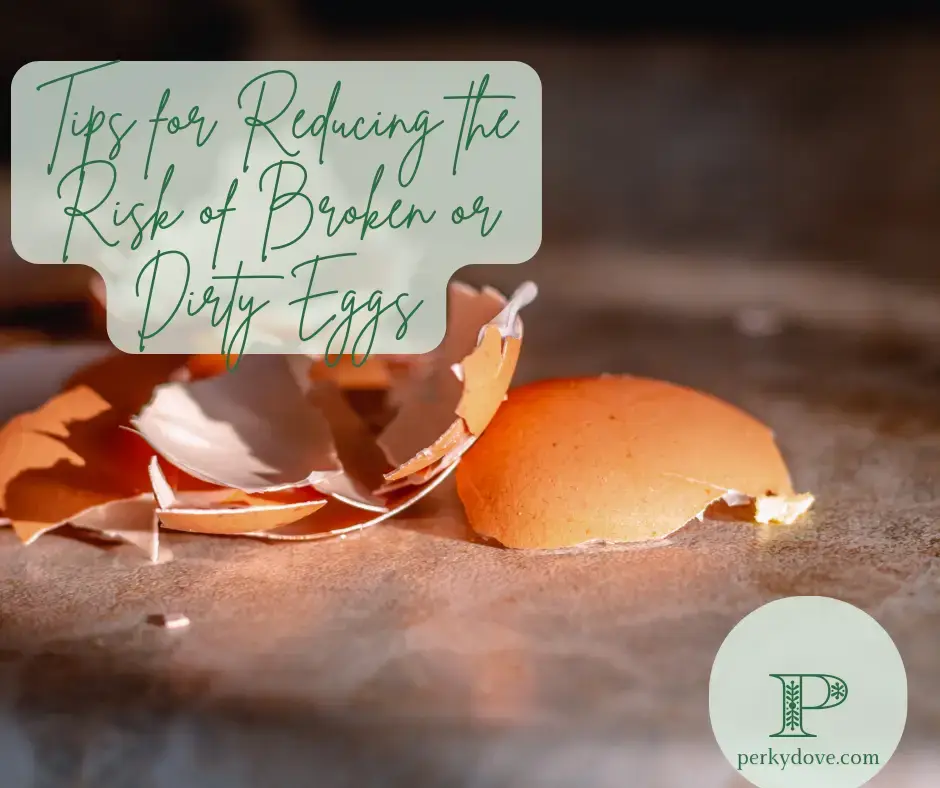
Alternatives to Washing (e.g., Dry Cleaning Methods)
Dry cleaning methods, such as using a soft brush or abrasive material like sandpaper, can be effective in removing dirt while preserving the bloom. This method is especially useful for eggs that will be stored at room temperature, as it minimizes the risk of contamination while maintaining the egg’s natural defenses.
with Auto Egg Turning, Auto Humidity, Temperature Control and Auto Water Adding with Panoramic 360 View for Hatching Chicken Duck Goose Quail Parrot Turkey
Storing Eggs
Room Temperature vs. Refrigeration
The choice between storing eggs at room temperature or in the refrigerator depends on how soon you plan to use them and whether the bloom has been removed. In many countries, eggs are commonly stored at room temperature, especially if they have not been washed. However, refrigeration significantly extends the shelf life of eggs and is recommended if you plan to store them for longer periods or if the eggs have been washed.
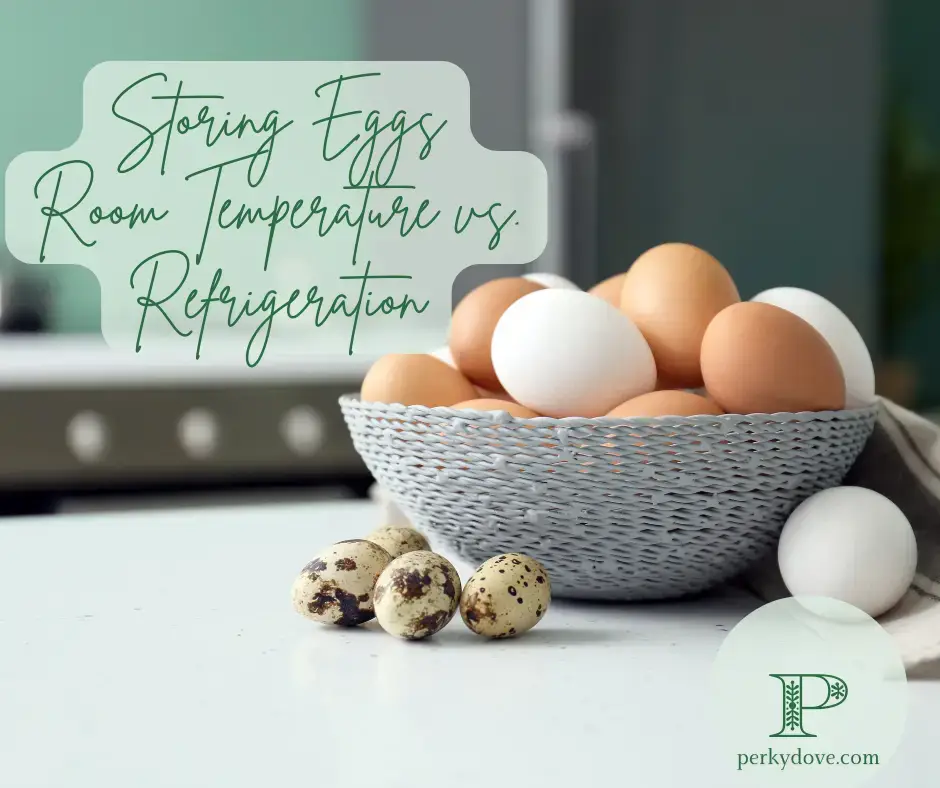
Factors to Consider When Choosing a Storage Method
When deciding on a storage method, consider the following:
- Bloom Intact: Eggs with the bloom intact can be stored at room temperature for up to a month. Keep them in a cool, dry place away from direct sunlight.
- Washed Eggs: Washed eggs should be refrigerated immediately to prevent bacterial growth. They can last up to three months in the fridge.
- Freshness: The fresher the egg, the better it will taste and the longer it will last. Mark the collection date on each egg to keep track of their age.
Egg Basket for Gathering Fresh Eggs, Farmhouse Egg Collecting Basket, Wood Chicken Egg Basket, Egg Basket Countertop. ZSHLXM
Tips for Extending the Shelf Life of Eggs
To extend the shelf life of your eggs, consider the following tips:
- Store Eggs Pointy Side Down: This helps keep the yolk centered and prevents the air sac from enlarging, which can reduce freshness.
- Use an Egg Carton: Keep eggs in their original carton or a similar container to protect them from absorbing strong odors from other foods.
- Freezing: If you have an abundance of eggs, consider freezing them. Crack the eggs into a freezer-safe container and whisk them lightly before freezing. Frozen eggs can be stored for up to a year and are perfect for baking and cooking.
CVHOMEDECO. Wooden Egg Holder Fresh Egg Holders Countertop Firewood Egg Collecting Rack for Gathering Fresh eggs, Stackable with 36 eggs, Home Kitchen Organizer, Set of 3 PCS
Conclusion
Properly collecting, cleaning, and storing your chicken eggs ensures they stay fresh, safe, and delicious. By following these best practices, you can make the most of your homestead’s egg production and enjoy the fruits of your labor to the fullest. Whether you’re a seasoned homesteader or just starting out, understanding these essential steps will help you maintain a healthy and productive flock.

Generic Wire Egg Basket for Gathering Fresh Eggs Collecting Basket With Handle, Rusty Chicken Decorated Small Chicken Egg Basket Vintage Style Eggs Holder Basket Countertop for Farmhouse Kitchen Decor
